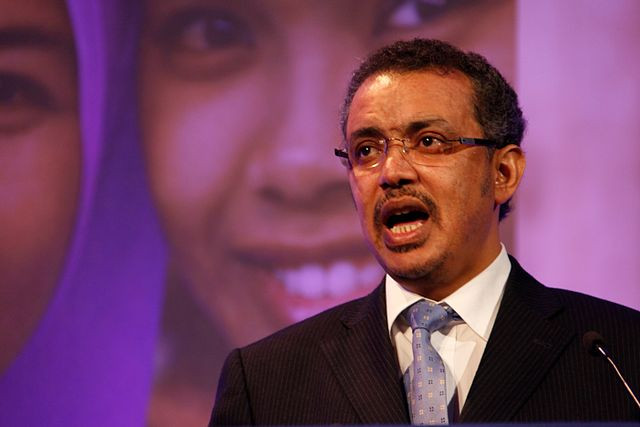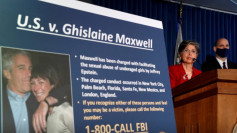WHO Director-General Tedros Ghebreyesus cautioned global leaders about the inevitability of a new pandemic, referred to as 'Disease X.' Drawing on lessons from the recent COVID-19 crisis, Tedros, who is not a medical doctor but has been at the forefront of global health initiatives, underscored the critical need for enhanced preparedness and international cooperation to face future health emergencies.
Echoing a warning he first issued in 2018, Tedros highlighted the urgent necessity for a global treaty to bolster the world's defenses against upcoming pandemics. Despite some advancements in surveillance and vaccine production capacities, he lamented the world's ongoing vulnerability to pandemics.
"Although some progress has been made...the world is not prepared for a pandemic," Tedros remarked, emphasizing the dire consequences of failing to heed the lessons of COVID-19.
The proposed treaty, aimed at fostering a 'one health' approach, has been met with skepticism and controversy. Critics, including the Advancing American Freedom (AAF) group founded by former Vice President Mike Pence, have voiced concerns over potential sovereignty cessions to a global body.
Tedros, however, vehemently dismissed these allegations as "categorically false," clarifying that the treaty's intent is purely to strengthen collective pandemic response through research collaboration, equitable access to vaccines, and sharing of crucial information and resources.
Disease X represents a hypothetical yet plausible threat, a "placeholder" for an unknown pathogen that scientists fear could be significantly more lethal than COVID-19. The term, introduced by the WHO in 2018, underscores the unpredictable nature of future pandemics and the necessity for proactive preparedness measures.
"It may be caused by an influenza virus, or a new coronavirus or a new pathogen we don't even know about yet," Tedros explained, stressing the importance of readiness for not just Disease X but potential Disease Y and Z scenarios as well.
As the deadline for the treaty's agreement looms, Tedros called for global unity and action to combat the spread of misinformation surrounding the agreement. He reassured that the WHO's role during the COVID-19 pandemic did not involve imposing mandates or lockdowns on countries, highlighting the organization's lack of authority and desire to dictate national policies.
The WHO's push for a global pact comes in the wake of criticisms over its initial response to the COVID-19 outbreak and the controversy surrounding the investigation into the virus's origins. With the specter of Disease X on the horizon, Tedros's plea for a cohesive international strategy reflects a pressing imperative to fortify global health infrastructure against future threats, ensuring that the world is not caught off-guard by the next pandemic.






